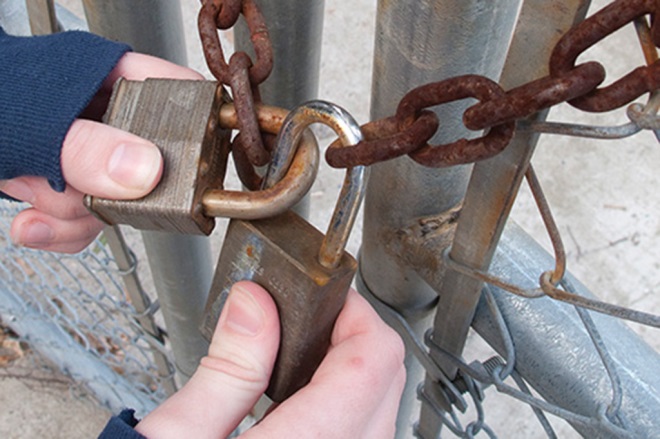More than £367m was owed to unsecured creditors and the supply chain by 19 collapsed contractors last year, research by Construction News has found.
An analysis of administrators’ reports of the biggest corporate failures that CN reported on in the year revealed firms that went bust had a combined turnover of £1.2bn. By comparison, the last set of filed accounts for Carillion’s UK construction business showed a revenue of £1.51bn when it went under at the start of 2018.
The firm that owed the most in 2019 was the £60m-turnover contractor Pochin, which collapsed in August owing £89m to its supply chain and other unsecured creditors.
Commenting on CN’s analysis, Construction Products Association economics director Noble Francis said: “The average amount owed by firms in construction that go into administration is high, but sadly it’s no surprise, given that contractors higher up in the supply chain rely heavily on long payment terms. This often leaves a long trail of creditors when they go under, and this involves small contractors that are the least able to deal with loss in revenue, as they are the most reliant on cashflow.”
Other data, from insolvency practitioner Begbies Traynor, also reveals the precarious state of a large section of the industry. The company keeps a record of all firms that have County Court judgments worth up to £5,000 filed against them.
By the end of 2019, more than 63,000 construction companies were flagged as being in this risky position and are considered as being in further financial danger. The number of these firms at risk increased by 27,440 since 2016 – an average increase of 1,829 per quarter.
The firm’s regional managing partner, Julie Palmer, said: “The construction industry has had to weather a storm in recent years. Not only have major players collapsed like Carillion, and the likes of Kier issued profit warnings, but smaller companies have gone out of business as a result.
“Many had taken out debt in order to ride out Brexit deadline after Brexit deadline, and the truth will now come to light as to whether that debt is sustainable and the sector can return to a healthier, more stable time.”
Data on the amount owed to unsecured creditors was only available for 19 of 22 firms analysed by CN. Three companies had no turnover data available.
The analysis found one of the most commonly cited causes of insolvency was cashflow.
Simon Rawlinson, Arcadis partner and head of strategic research and insight said: “There is a paradoxical factor at play: as businesses expand, they can sometimes hit cashflow problems.
“Construction businesses have to pay their labour on a very quick turnover, pay their suppliers, and if they’re not being paid quickly by clients or the contractors employing them, they can hit a cashflow problem where they can’t sustain the business because the money isn’t coming through.”


